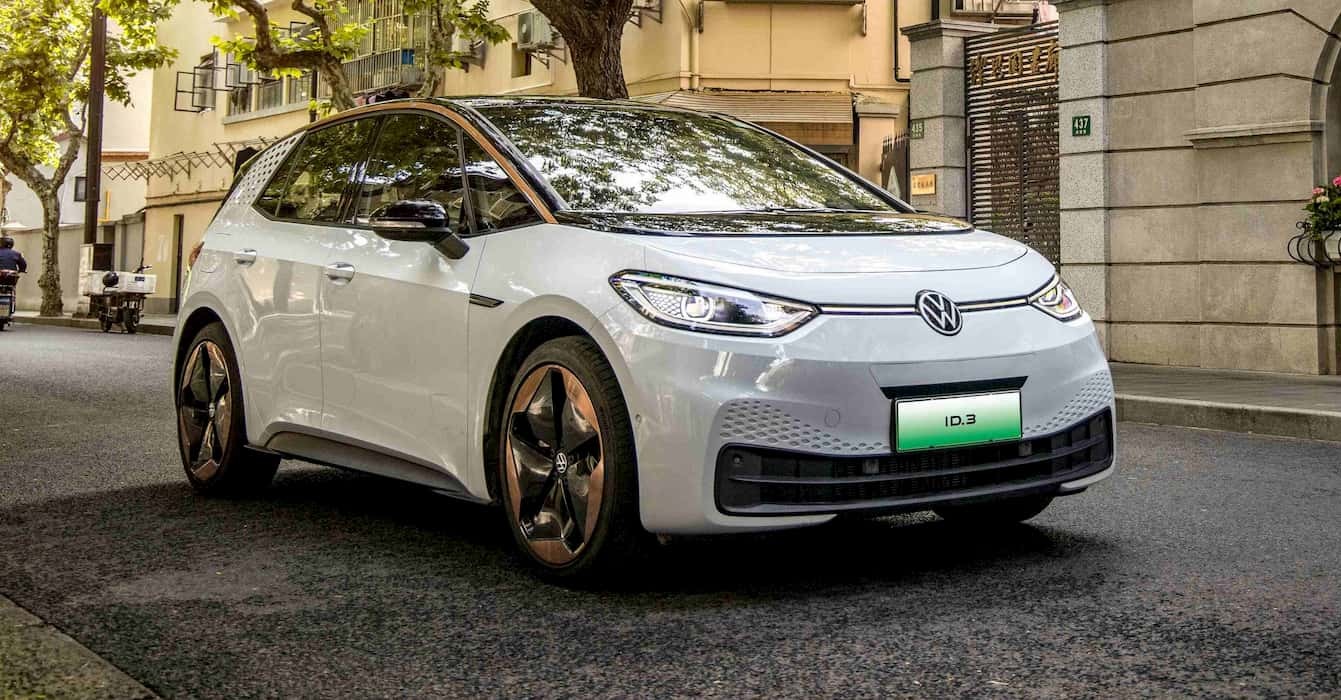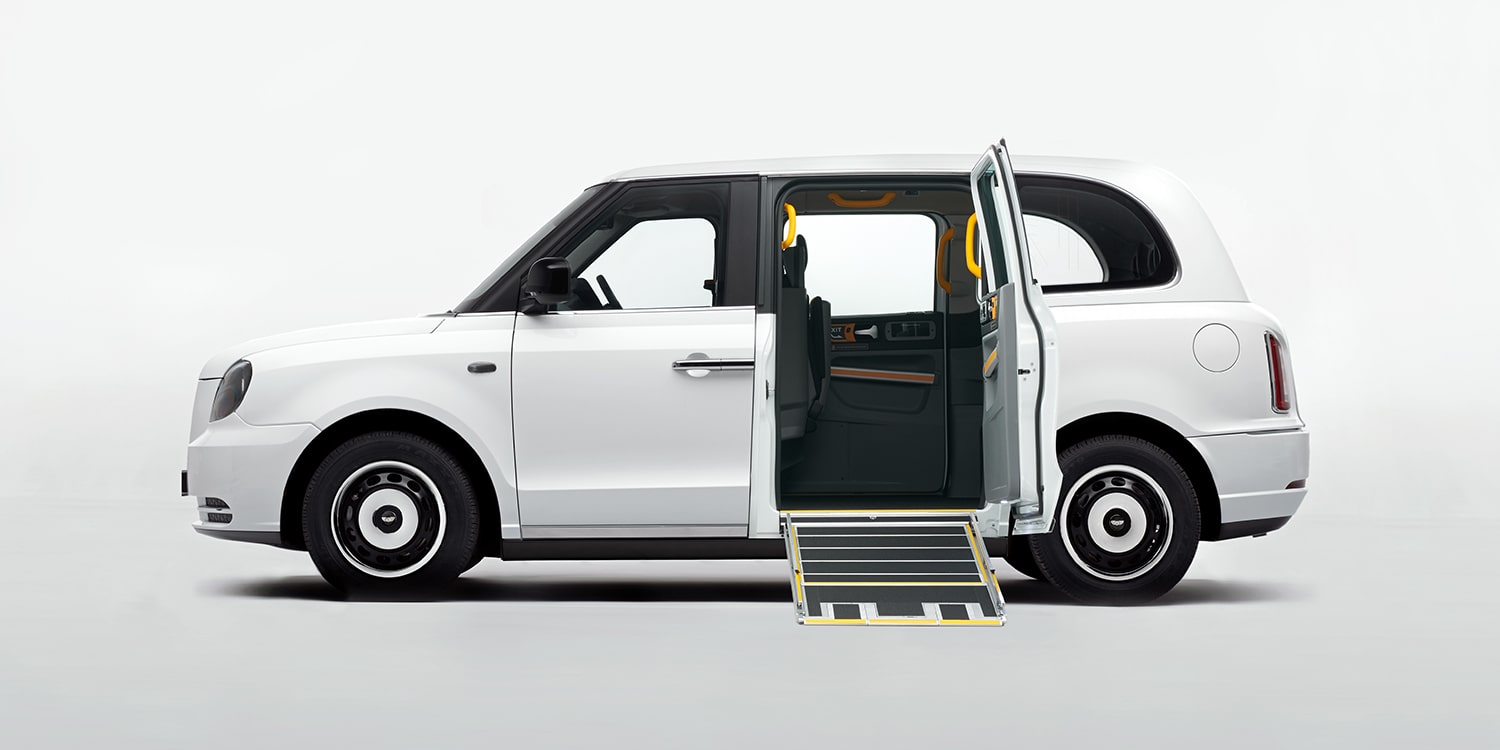Stellantis, the global automotive company, has announced a strategic collaboration with Hon Hai Technology Group, widely known as Foxconn, to establish a joint venture focused on the design, production, and distribution of semiconductors specifically tailored for the automotive industry.
The joint venture, named SiliconAuto, aims to manufacture cutting-edge semiconductors that power the advanced computer-controlled functionalities found in modern vehicles, including electric vehicles (EVs). Commencing chip production in 2026, SiliconAuto will initially supply semiconductors to Stellantis, Foxconn, and other key industry players. One notable collaborator is STLA Brain, a subsidiary of Stellantis responsible for the development of the company’s electrical/electronic systems and software architecture, featuring over-the-air update capabilities.
Ned Curic, Chief Technology Officer at Stellantis, expressed enthusiasm about the partnership, stating, “Stellantis will greatly benefit from a reliable supply of crucial components, vital for propelling the rapid, software-defined evolution of our products. Our objective is to craft vehicles that seamlessly integrate with our customers’ everyday lives, delivering exceptional capabilities years after they roll off the assembly line. Through this joint venture, we can foster purpose-built innovations through an efficient partnership.”
SiliconAuto’s headquarters will be situated in the Netherlands, with a management team comprising executives from both Stellantis and Foxconn. This collaboration builds upon the initial agreement reached by the two companies in December 2021, focusing on the development of a semiconductor portfolio dedicated to automotive applications.
Jerry Hsiao, Chief Product Officer at Foxconn, shared his anticipation for the future, stating, “We eagerly anticipate a future of remarkable electric vehicle mobility, supported by the vertical integration capabilities and resources that SiliconAuto will secure for our partners. The collaborative energy between us will propel our customers to achieve greater competitiveness.”
Stellantis has set ambitious goals for the era of electrification. The company plans to invest over €30 billion in global electrification efforts and aims for 50% of its passenger and light-duty truck sales in the United States to be all-electric by 2030. On a global scale, Stellantis aims to sell five million battery electric vehicles (BEVs) in 2030 alone and reduce its carbon emissions by 50% within the same timeframe.







